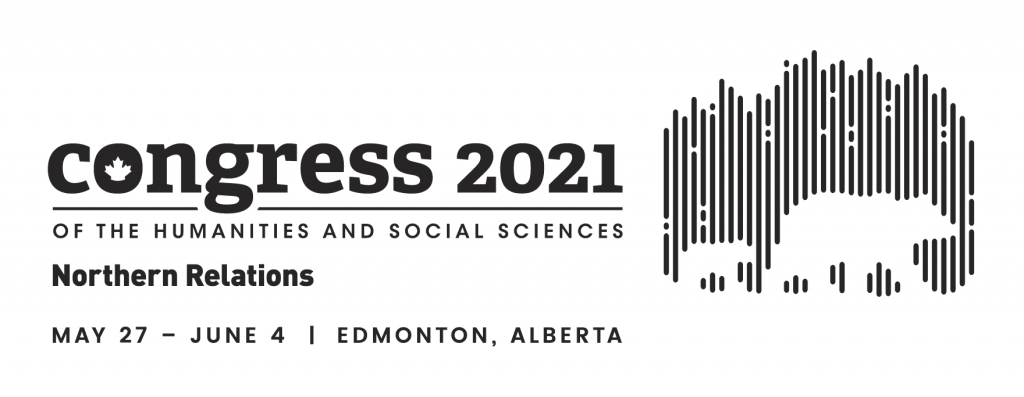What Do You Call Home?
| Submitted by: | Elizabeth Carlson |
| Collaborators: | Jacqueline Pei , Cheryl Poth |
| Danielle Mattson, Maryse Beauregard | |
| Vannesa Joly, Nicol Patricny | |
| The Canada FASD Research Network | |
| Department/Faculty: | Educational Psychology/Education |
| Place of creation: | Edmonton, Alberta |
What is a home? Many unhoused individuals are described as homeless; however, they may not view themselves that way. We took great care to be intentional with our use of language when developing our community-led housing framework for individuals with fetal alcohol spectrum disorder. Consider the use of the word unhoused, an experience of being without a house, versus homeless, deficit-based language describing a personal trait. If we begin by negating people’s experiences of home, we take our first steps on the pathway towards responsive housing service for some of society’s most vulnerable citizens with a focus on their shortfalls rather than their strengths. As scholars, we have the ability to shift that language and imagery. We have powerful teachings and guiding forces that drive our work – our guiding lights. These lights, when focused on with intention, lead us to carefully consider how we share information and ideas with others. When we shift to a person-centred approach to research and communication, we evolve, we do things differently, and can take those first few steps off what may have been the wrong path toward housing: “I have a home…I’m unhoused” (Park, 2016).


